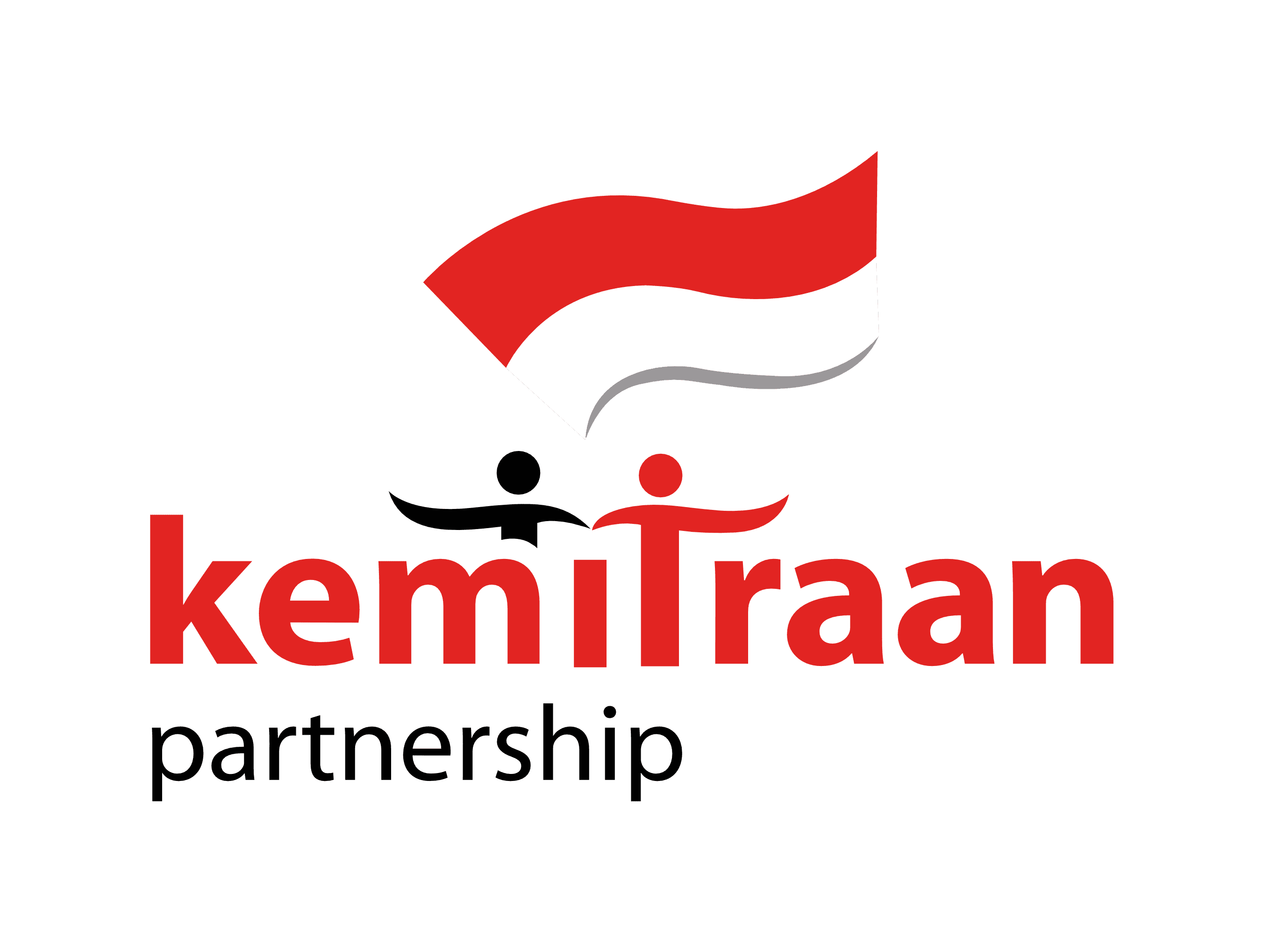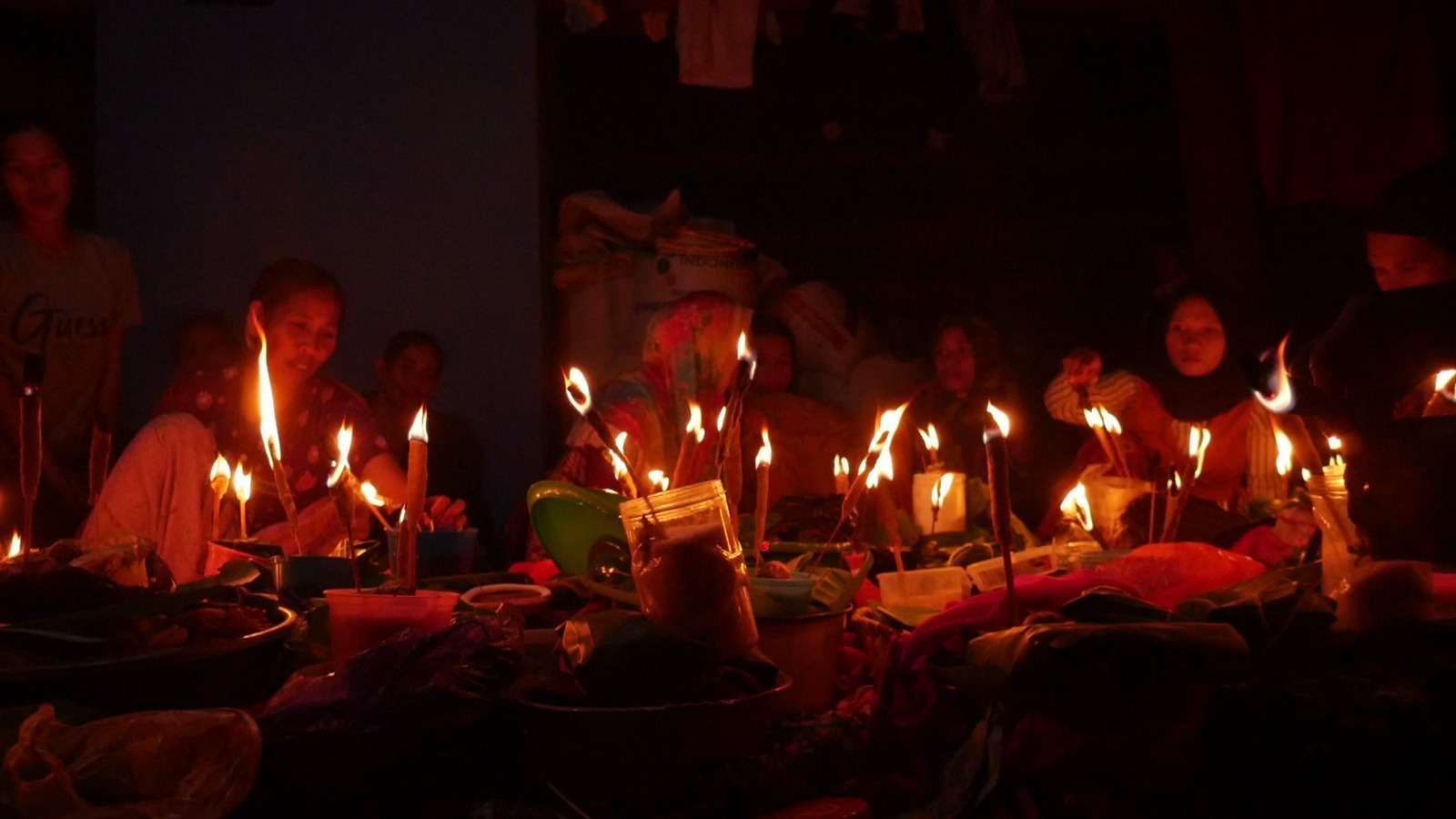Background
Indigenous peoples and ethnic minorities are among the most vulnerable groups affected by discrimination and violence. These acts of discrimination are often rooted in differences in religion or beliefs, stereotypes that label them as backward or ignorant, and perceptions that associate them with mystical practices. Such stereotypes contribute to their marginalization from mainstream society.
This discrimination has real and lasting impacts, particularly in limiting Indigenous peoples’ and ethnic minorities’ access to basic services, civil registration, and participation in public decision-making. These inequalities hinder their ability to benefit from government programs and perpetuate poverty and structural marginalization.
Within Indigenous and minority groups, women, persons with disabilities, and children (PDA) are even more deeply impacted. These groups experience layered marginalization—both from within their own communities and from dominant groups with greater access to resources.
Based on 2010 data from Indonesia’s Central Bureau of Statistics (BPS), an estimated 34.3 million Indigenous women live across the country out of a total Indigenous population of approximately 70 million. To this day, Indigenous women continue to face various forms of discrimination and violence in domestic settings, public spaces, and even at the hands of the state.
In reality, Indigenous women play a crucial role in preserving local knowledge, cultural traditions, and protecting forests. However, baseline data from the Estungkara Program in 2022 showed that only 43% of Indigenous women had completed elementary education. In Estungkara’s target areas, there are at least 170 persons with disabilities, most of whom face significant daily challenges due to a lack of access to mobility aids—90% of them have not yet received the assistive tools they need for independence and mobility.
In 2023, KEMITRAAN, in collaboration with LAURA UGM, conducted ethnographic research on sexual violence in Indigenous and ethnic minority communities. The findings showed that while some communities are beginning to recognize the forms of sexual violence, case management and law enforcement remain extremely weak. This is largely due to a lack of support from village officials, customary leaders, and law enforcement authorities. Despite these challenges, places of worship and their religious leaders have emerged as safe spaces for survivors of sexual violence.
Objective
To promote inclusive governance in Indonesia, particularly for Indigenous Peoples, including Indigenous women, female heads of households, children, persons with disabilities (PDA), and other vulnerable groups, by advancing gender equality, social inclusion, economic empowerment, and the capacity strengthening of civil society organizations
Geographic Coverage
The ESTUNGKARA Program works in close collaboration with Indonesian government agencies, local authorities, and civil society organizations at both national and local levels, covering six priority provinces: West Sumatera, Jambi, Banten, East Nusa Tenggara, Central Sulawesi, dan South Sulawesi.
Our Focus
- Mainstreaming Gender Equality, Disability, and Social Inclusion (GEDSI) to encourage the participation of women and persons with disabilities in development planning; advocating for policies that protect and empower women and vulnerable groups; and facilitating access to basic services, government programs, social protection, and services for survivors of gender-based violence.
- Collaborating with local organizations in six provinces as regional partners and strengthening multi-stakeholder forums to promote Indigenous and ethnic minority issues.
- Promoting women’s empowerment and independence through community-based economic institutions, including food sovereignty initiatives.
- Campaigning for equality and public awareness, especially targeting youth, through the platform www.estungkara.id
Implementing Partners
- YCMM
- Pundi Sumatra
- KKI Warsi
- PPSW Jakarta
- RMI
- Lembaga Bumi Lestari
- SCF
- KARSA Institute dan Wilayah Pengorganisasian perempuan adat
Budget
AUD 5.041.730.00
Duration
Phase I (2022-2025)
Phase II (2026 – 2028)







